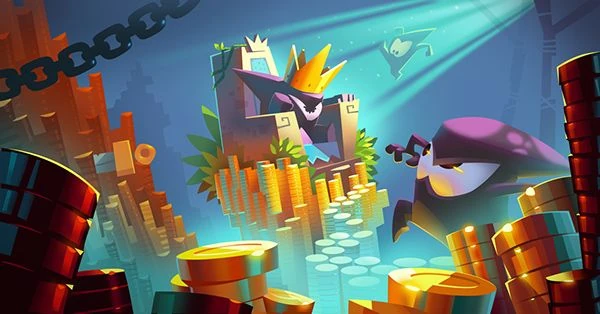Stage 1: Physiological Needs
These are the basic human needs that an individual requires in order to survive, such as breathing, eating, drinking, sleeping and excretion. GTA V does not follow all of these basic human needs. For example if you do not take a player to eat or drink, he will still stay alive. This also applies for sleeping and excretion. Excretion isn’t even included in the game. Breathing on the other hand is the only physiological need that fits for example when a player goes swimming underwater, his breathing becomes more limited as time goes by, and will eventually die if the player stays underwater for too long.

Stage 2: Safety
After our physiological needs are taken care of, we would want to take care of ourselves further by providing safety for ourselves. This can be achieved by earning money, creating resources and build ourselves a shelter i.e a house. GTA V follows this stage very well, albeit somewhat in a slightly extreme way at times. Earning money in GTA V is mostly done by assassinating and robbing people or performing heists, however you can make money by investing in stocks as well, (buy low, sell high). GTA V has a lot of resources as well such as weapons, first aid kits and armour to protect yourself from shooters. GTA V also has properties which you can purchase which can then be used to generate income from and as a storage for vehicles.

Stage 3: Love and Belonging
After our physiological and safety needs are fulfilled, we want to feel a sense of belongingness. These include friendships, intimacy and family. In GTA V, the characters all have friends that they can hang out with and gangs to join and do missions with, which will in turn increase the player’s reputation.

Stage 4: Esteem
In this stage, we look for self-confidence and to gain respect from others. It’s about being someone and achieving something by putting our skills to use. In GTA V, one can purchase expensive cars and clothes by the money he’s earned or complete missions where it requires good driving skills as well as killing other gang members to gain respect. Competition is at its best in this stage.

Stage 5: Self-Actualization
This is the stage where we can relax and be what we want to be as long as the other 4 stages are being satisfied. The way I see this stage in GTA V is that a player can enter this stage at any point in time in the game and become whatever he wants to be. A player can simply create his own goals and go and achieve them whenever he likes (part of definition of play) and still be at peace.

References
Simply Psychology. (2018). Maslow’s Hierarchy of Needs. [online] Available at: https://www.simplypsychology.org/maslow.html [Accessed 25 Mar. 2018].













